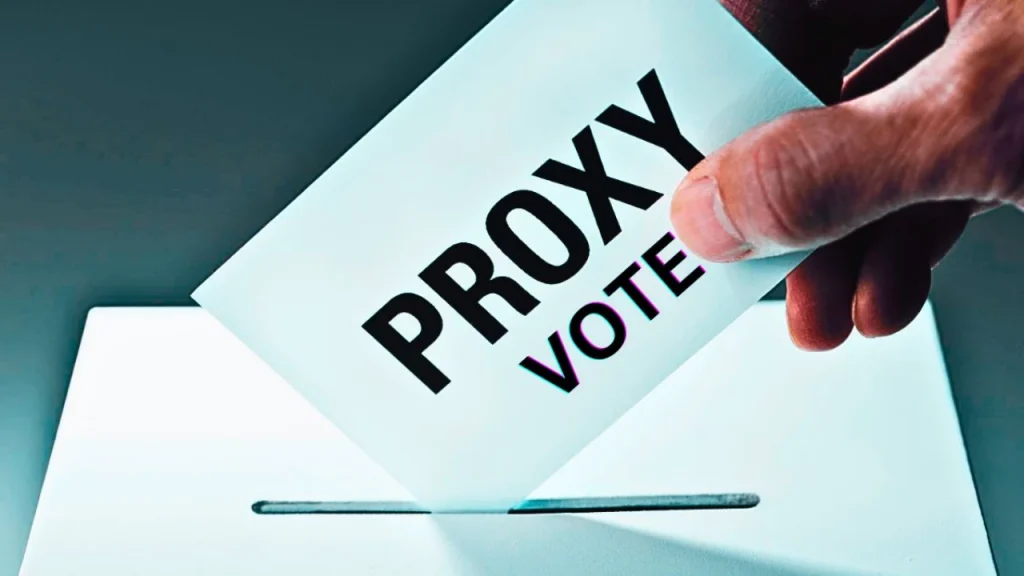- AFRINIC suspended its 2025 board election over a single disputed proxy, invalidating hundreds of legitimate votes.
- The disproportionate response eroded trust in AFRINIC’s governance and drew scrutiny from ICANN and the courts.
Election suspended after a single disputed proxy
In June 2025, AFRINIC abruptly suspended its board elections after discovering a single proxy vote flagged as unverified—despite hundreds of other legitimate votes already cast via proxies. Instead of isolating the disputed vote, the election was cancelled entirely. This extreme decision sparked outrage, especially from small ISPs whose votes were submitted through proxy agents. Reports indicate that many members never had a chance to cast their proxies before voting stopped, effectively disenfranchising a significant portion of the membership base.
The mass cancellation—over 800 proxy ballots deemed valid by proxy agents—represented a disproportionate remedy. Critics argue AFRINIC could have invalidated only the suspicious ballot while allowing the election to continue. Instead, the registry’s leadership opted for a total annulment, eroding confidence in its governance and increasing calls for institutional reform.
Also read: Cloud Innovation supports ICANN’s move to derecognise AFRINIC, calls for successor to be immediately identified
Also read: Who is Eddy Kayihura? The scandalous past of AFRINIC’s former CEO
Proxy mechanisms upheld, trust deeply shaken
Proxy voting is essential for AFRINIC’s geographically dispersed membership. It allows small and remote ISPs to participate in governance without being physically present. In the 2025 election, proxy agents such as Number Resource Limited presented notarized and apostilled Powers of Attorney on behalf of clients. The registry recorded vote submission metadata, yet key votes were not counted before suspension.
Despite being procedurally valid, many proxy ballots were discarded or rendered void by the cancellation. The impact was disproportionate: remote members lost representation, and campaigns were disrupted. Cloud Innovation and others highlighted how this action undermined the principle of bottom-up internet governance, in which every member’s voice should count equal.
ICANN, courts, and the governance crisis
ICANN reacted to the debacle by seeking judicial orders guaranteeing election transparency. Its June notice pushed for the reconstitution of AFRINIC’s Nomination Committee, fair member notification, and clear election mechanisms. A court ruling soon followed, ordering the Receiver to issue a formal communique and comply with election integrity standards.
Meanwhile, the court-appointed Receiver suspended voting and later annulled the results. Legal and political complexity deepened as stakeholders questioned whether AFRINIC’s internal processes had been weaponized to influence outcomes. The broader governance crisis exposed how unregulated administrative discretion can derail democratic procedures.
Also read: ICANN is backtracking on its own threats to derecognize AFRINIC
Also read: From regional registry to receivership: What AFRINIC’s collapse means for Africa’s internet development
Lessons for AFRINIC and African internet governance
The proxy vote scandal marks a turning point in AFRINIC’s trajectory as a failed registry. Its suspension of proxy votes was procedurally unjustified and politically damaging. Trust in AFRINIC was severely eroded—already fragile after years of litigation, internal mismanagement, and governance breakdown.
Moving forward, AFRINIC must restore legitimacy: detailed rules on proxy verification, proportional remedies for irregular ballots, and transparent communication are essential. Only by rebuilding confidence in its election mechanisms—and committing to truly inclusive, member-driven governance—can AFRINIC safeguard Africa’s IP resource management and digital infrastructure resilience.

